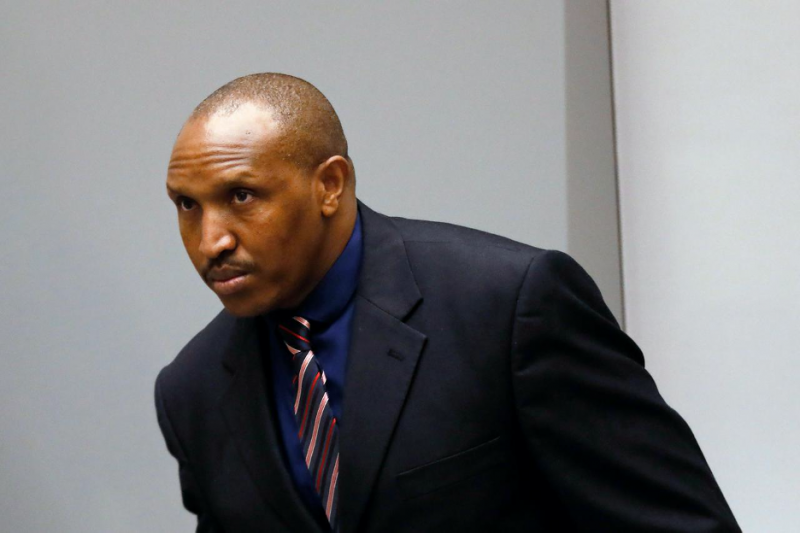By: Andrew Kramer
Impunity Watch Staff Writer
THE HAGUE, The Netherlands – On April 14, 2020, the International Criminal Court (“ICC”) released the public redacted version of the Prosecutor’s response to Appellant’s brief in the case of The Prosecutor v. Bosco Ntaganda. ICC Prosecutor Fatou Bensouda presented the appellee’s brief.

The Prosecutor’s brief addresses each of Ntaganda’s twelve grounds of appeal in turn. Whereas Ntaganda attempted to downplay his involvement in crimes of sexual violence and slavery in grounds one through four, the Prosecutor asserted that Ntaganda played an essential role in the commission of these crimes throughout the period of the charges. Furthermore, the Prosecutor asserted that Ntaganda himself killed and raped, participated in recruitment drives, and used children under 15 years of age as his personal escorts. The Prosecutor maintained that the Trial Chamber assessed these factors correctly when arriving at Ntaganda’s 30-year prison sentence.
In addressing Ntaganda’s argument in grounds seven through twelve, that the Trial Chamber failed to properly assess alleged mitigating factors, the Prosecutor asserts that the Ntaganda simply disagrees with the Court’s fair evaluation and rejection of these circumstances. The Prosecutor stated that the Court correctly considered Ntaganda’s alleged acts of protecting civilians from attacks, saving the lives of enemy soldiers, and contributing to the reconciliation with the Lendu community, among others, however they did not carry enough weight to impact his sentence. This difference of opinion does not indicate a failure to consider the circumstances properly.
As for grounds five and six, that the Court erred in applying some aggravating circumstances, the Prosecutor argued that Ntaganda misapplied the relevant provisions of the Rome Statute. While Ntaganda asserted that the Court considered an improper aggravating circumstance in ground 5, the Prosecutor stated that the elements of the uncharged crime allow for it to be considered as an aggravating circumstance. In ground 6, which Ntaganda accused the court of “double-counting” some factors the Prosecutor argued that Ntaganda failed to understand the “two-step” process the Court uses for sentencing established by article 78(3).
While grounds one through four and seven through twelve are likely based on matters which were at the discretion of the trial court, and therefore likely to be upheld on appeal, the arguments in grounds five and six present reasonably more nuanced legal issues. Particularly interesting is the Court’s “two-step” process for sentencing, in which the individual sentences for each crime is calculated before the appropriate joint sentence is determined. While sentences are calculated two times using this process, aggravating factors are not “double-counted,” for each sentence.
No scheduling order has been released for the Appeals Hearing of Ntaganda. Ntaganda also stated to be appealing the judgement of conviction in his notice of appeal, however no brief has been filed yet.
For further information, please see:
International Criminal Court – Prosecution Response to “Sentencing Appeal Brief” – 14 Apr. 2020